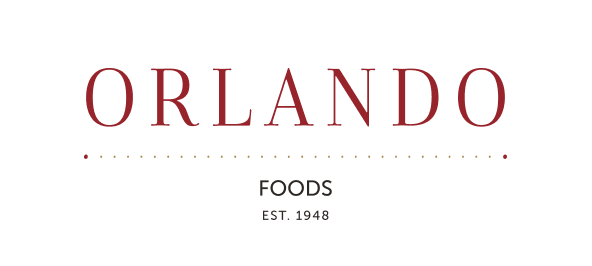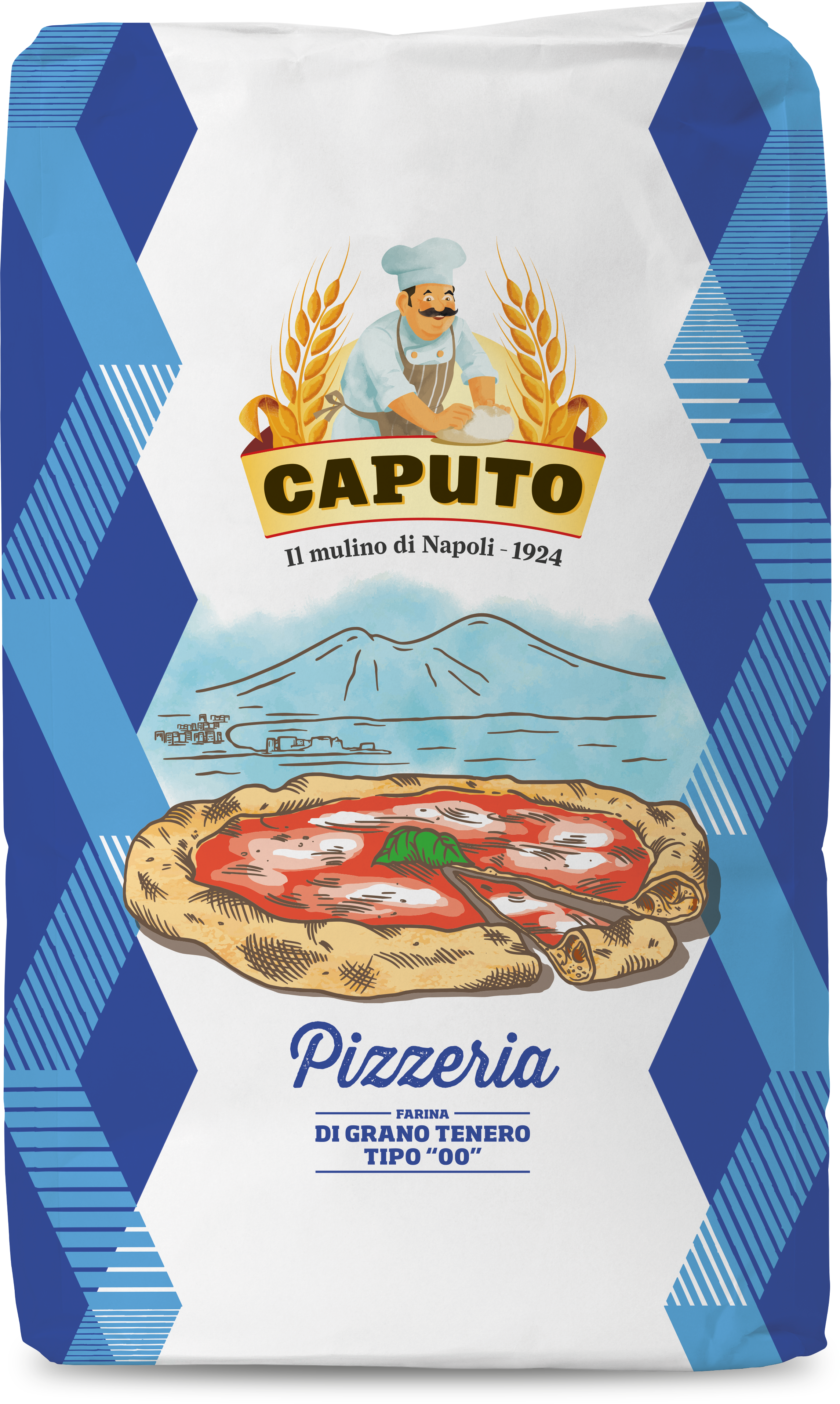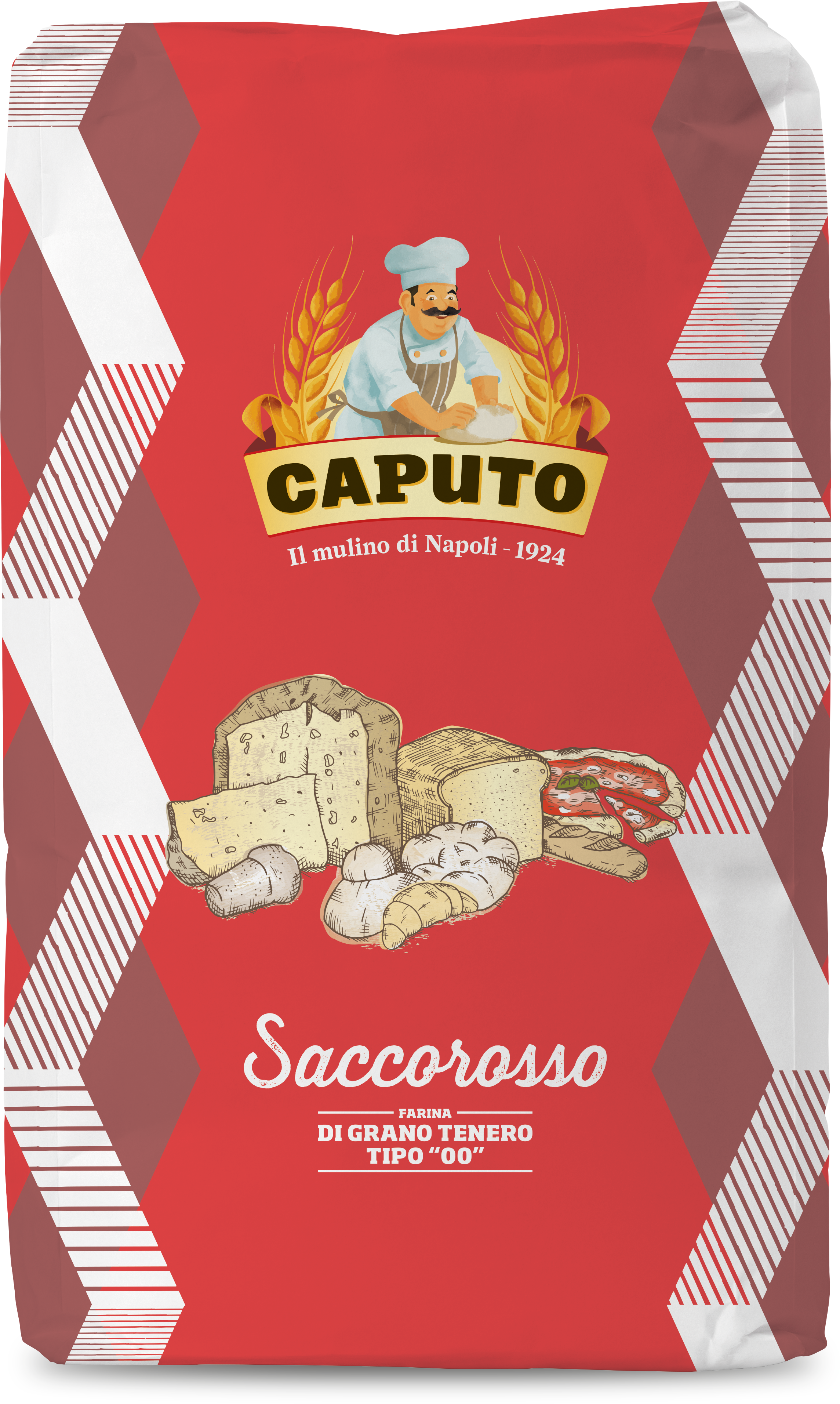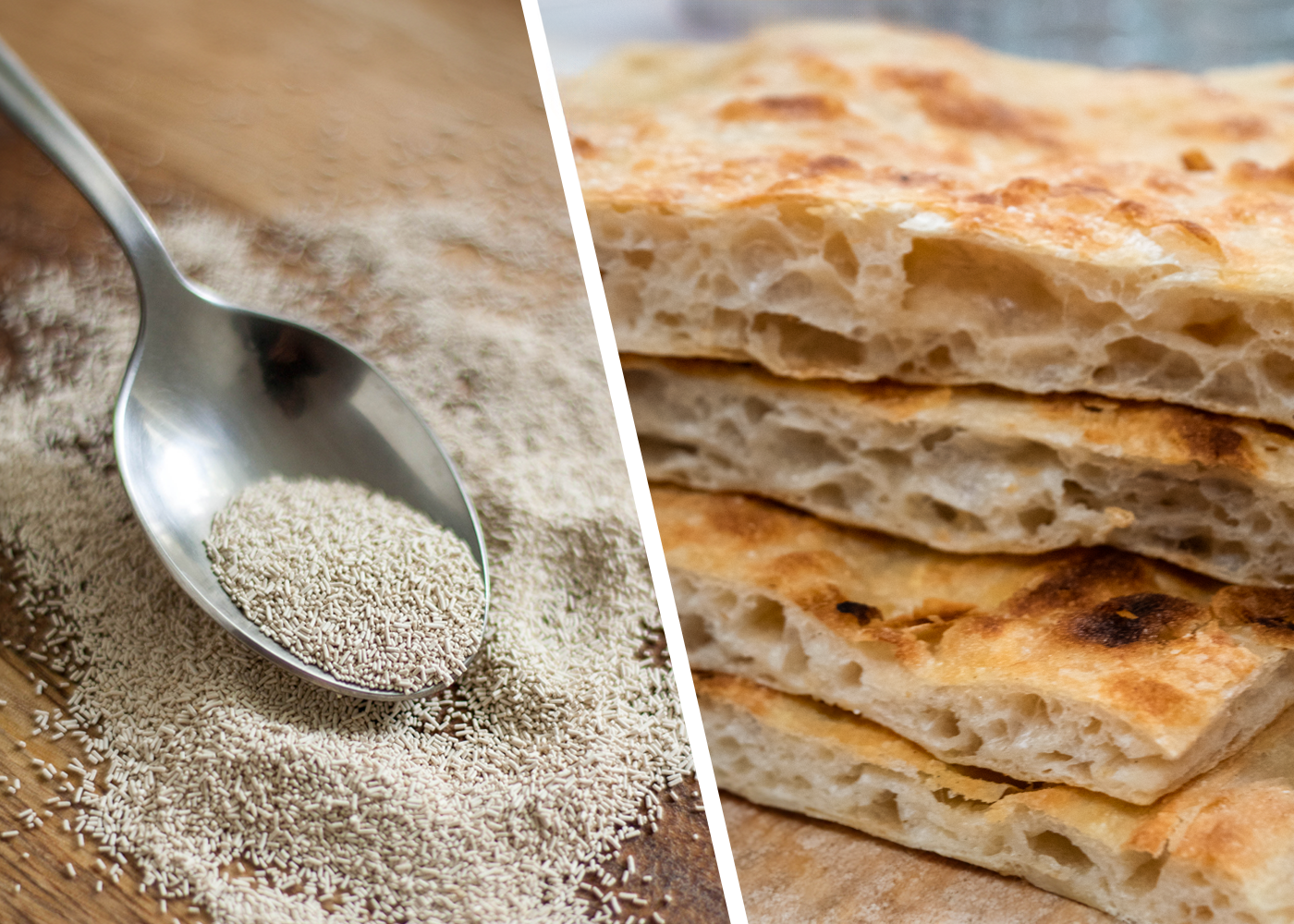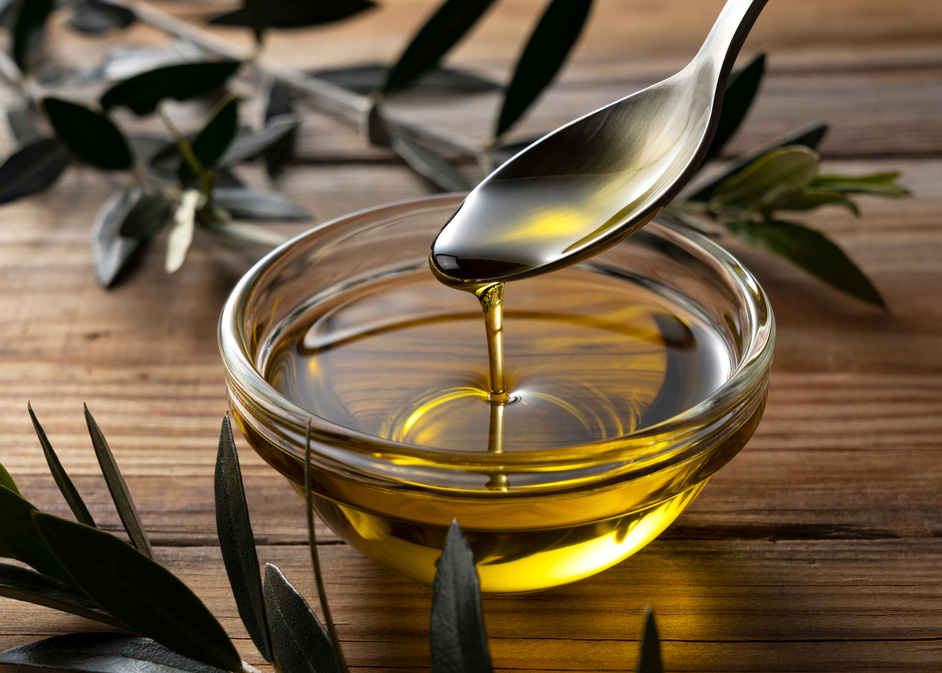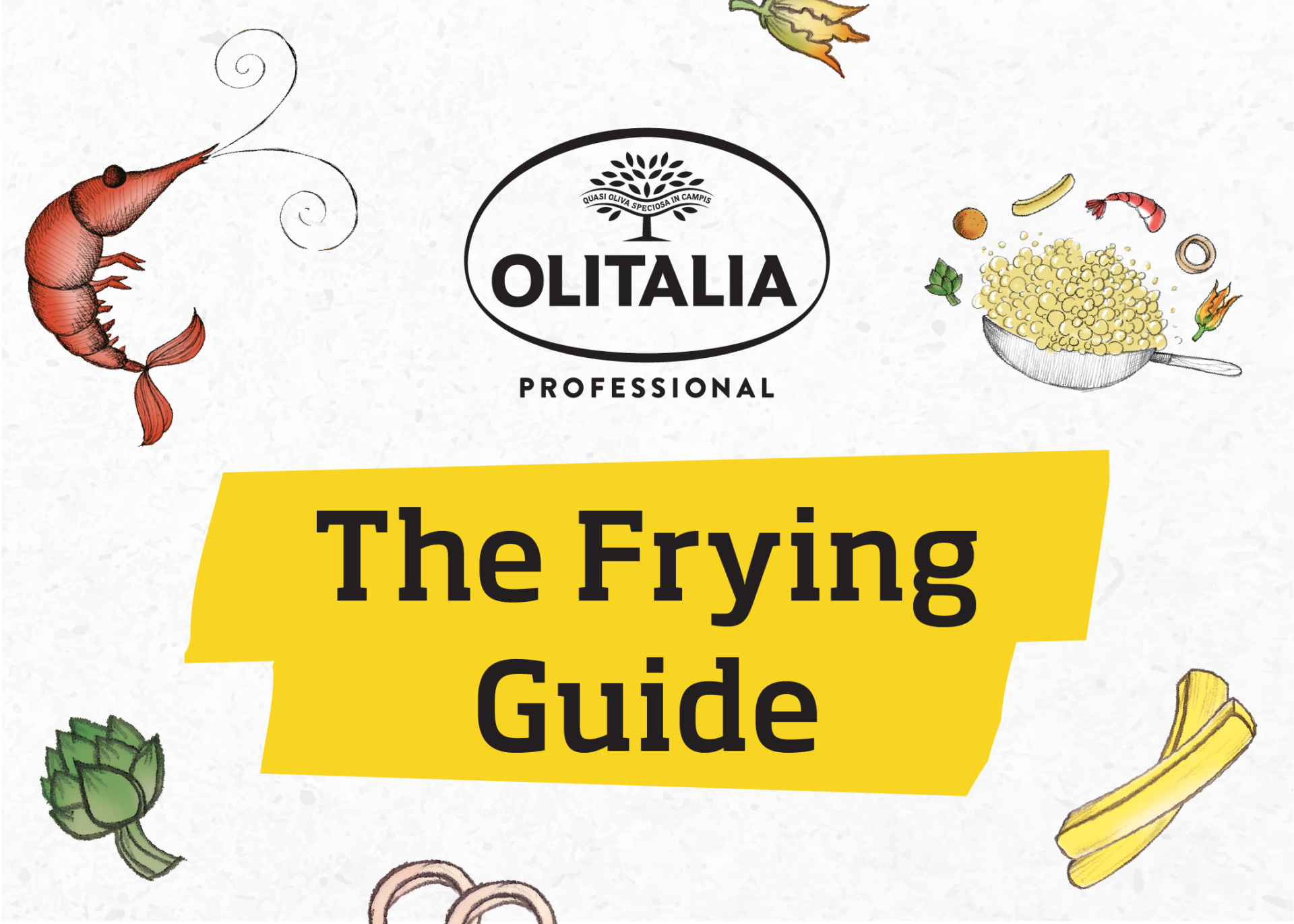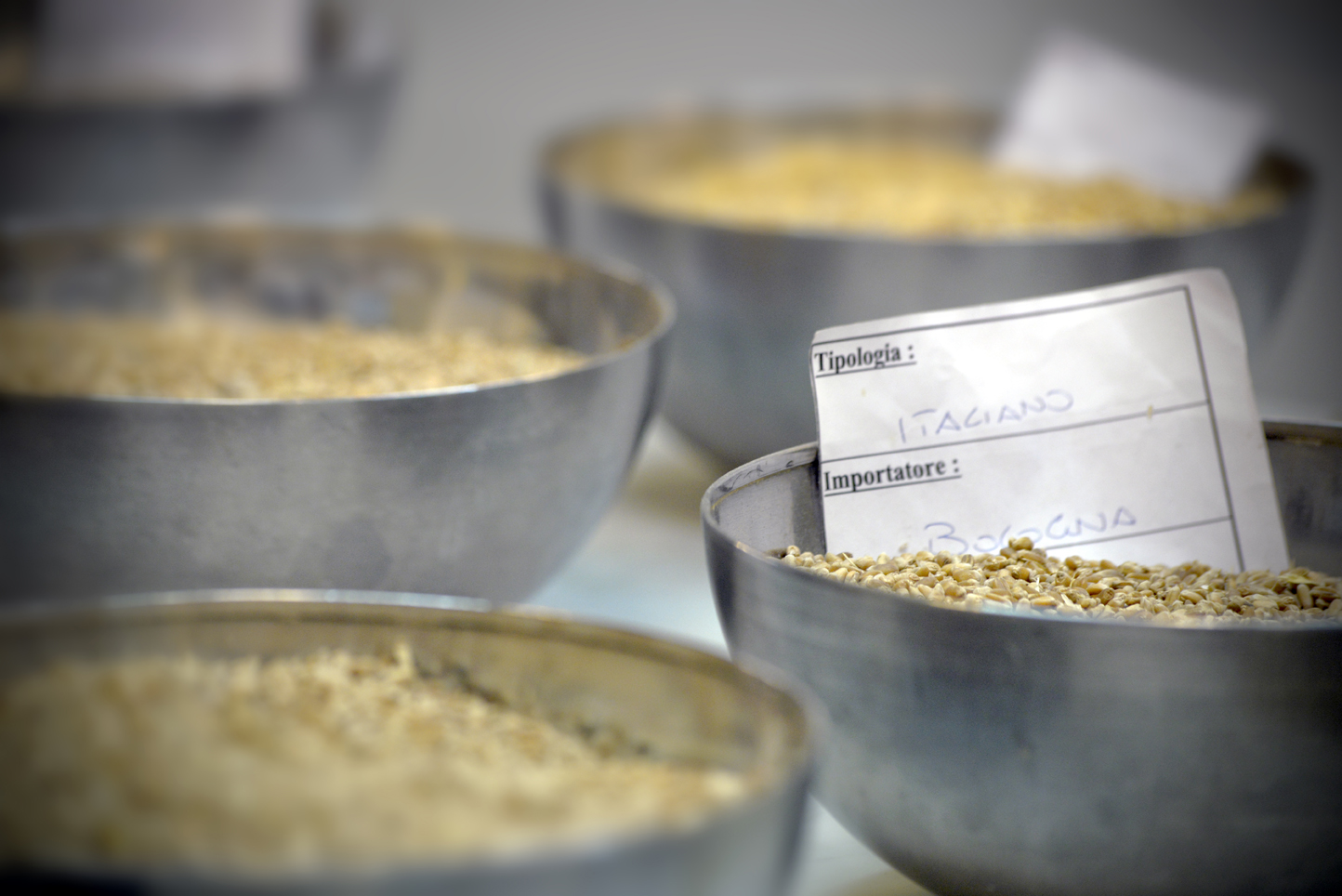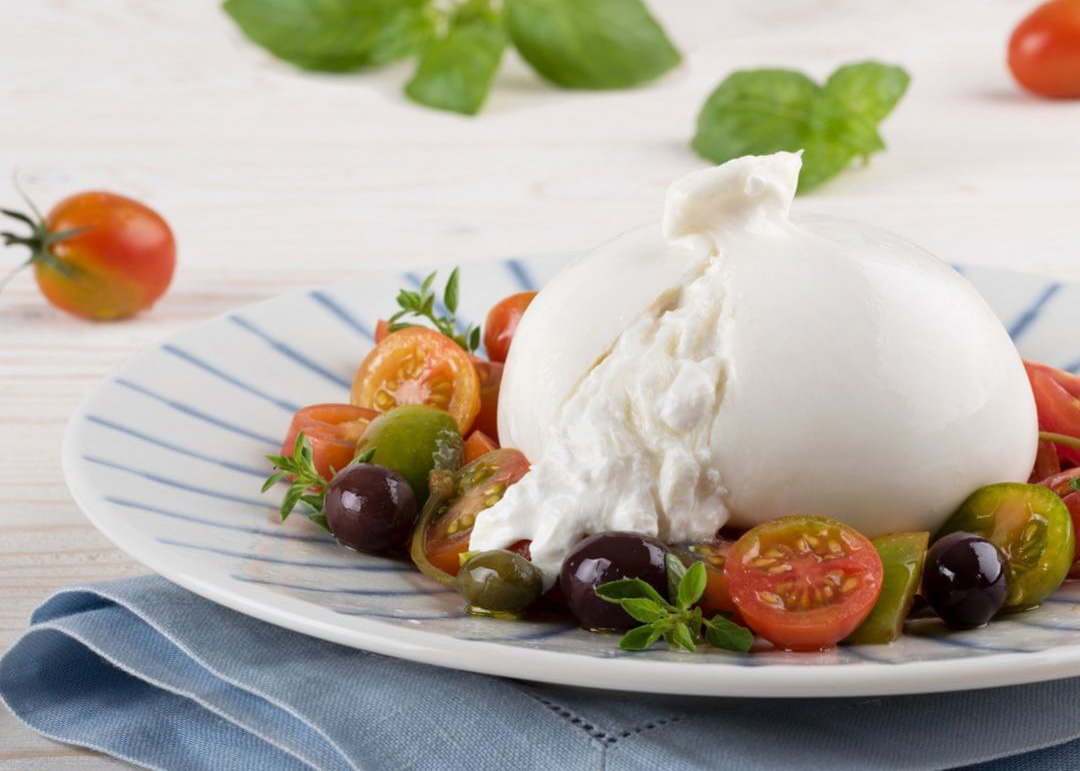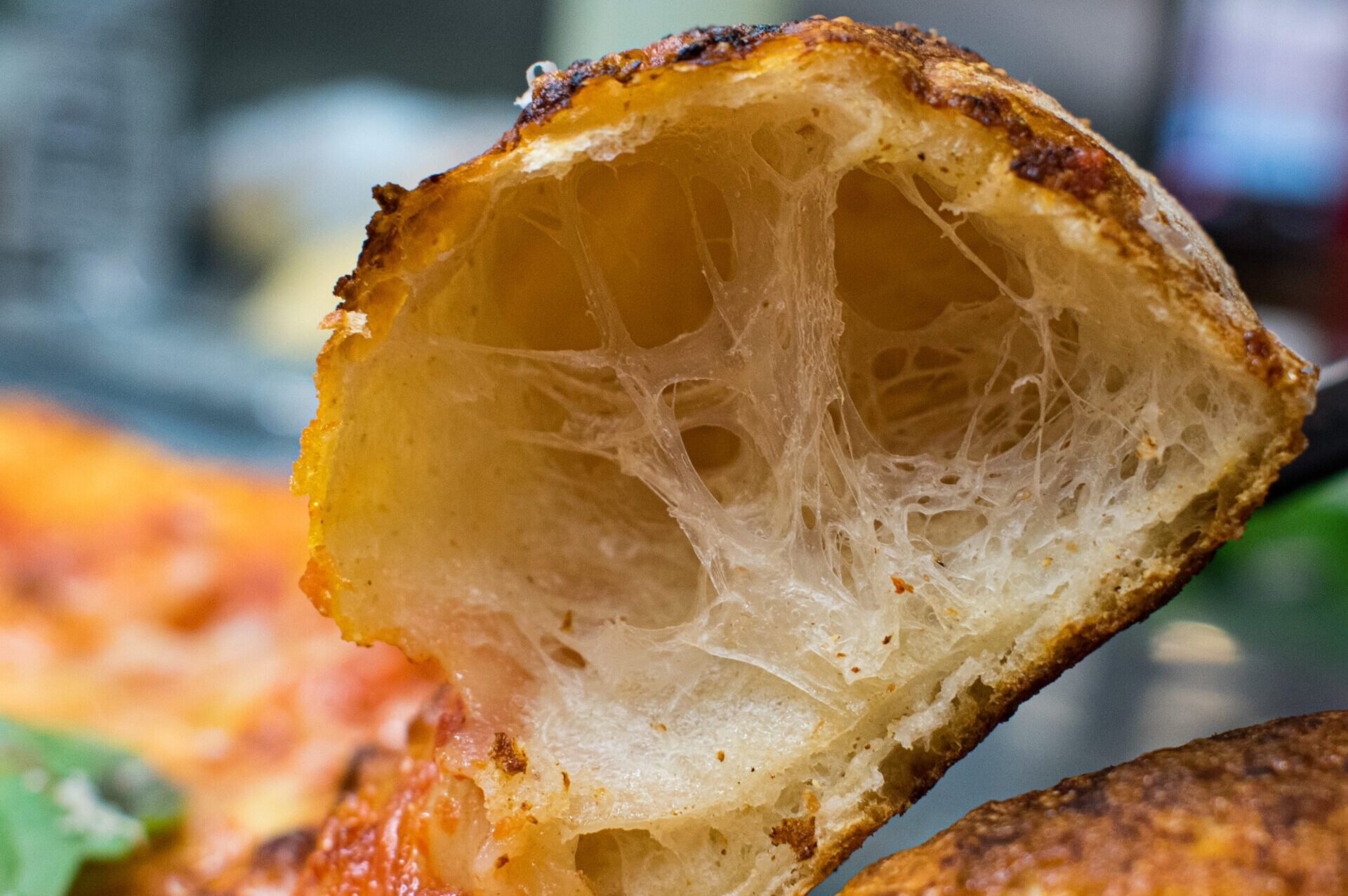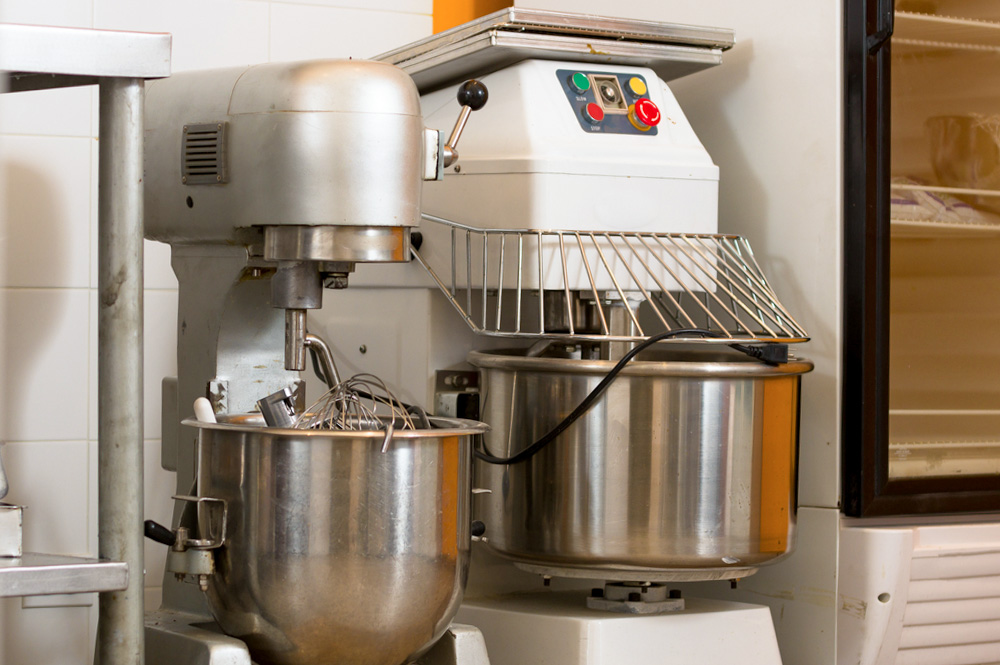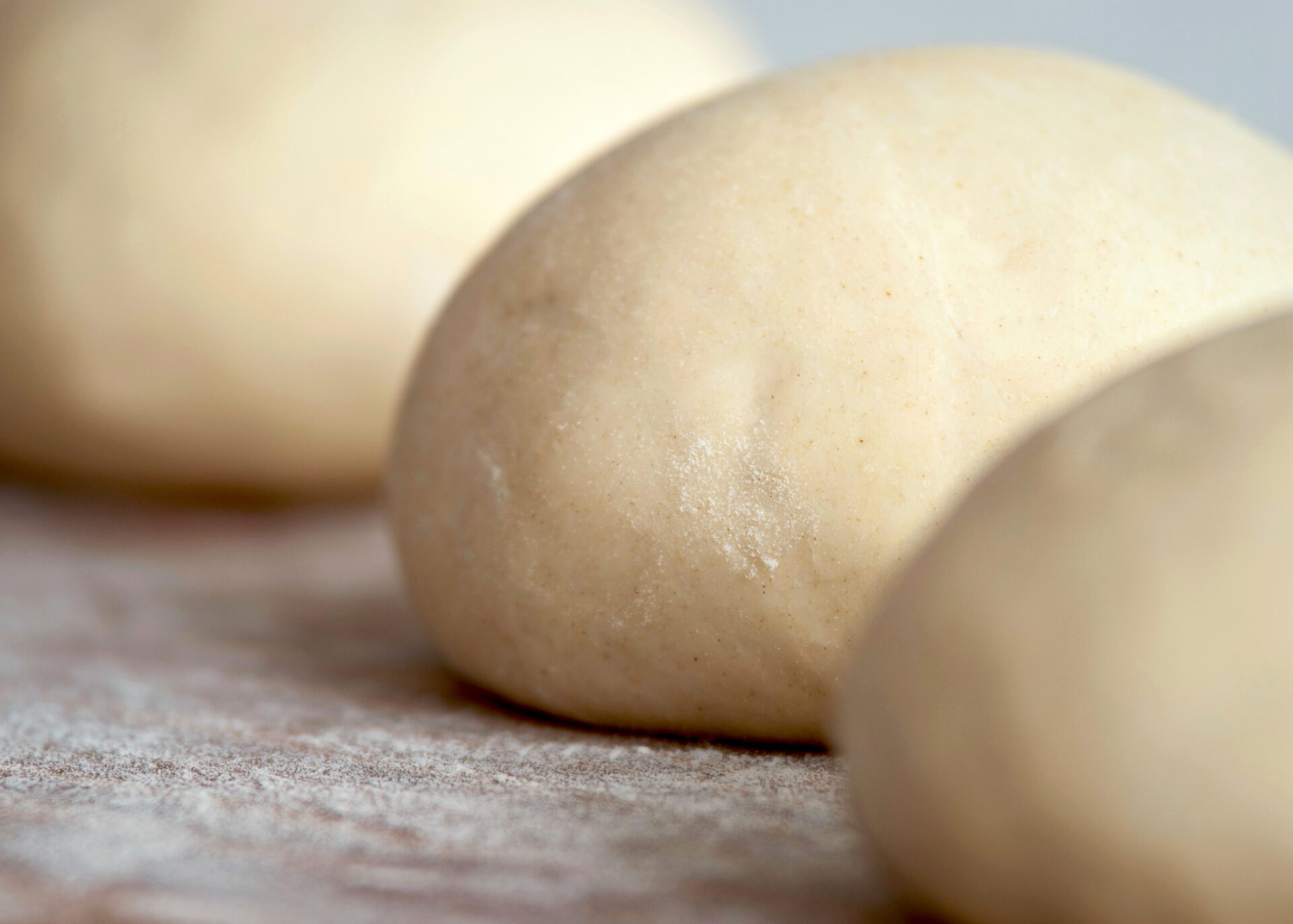Caputo’s Blue Bag or Red Bag?
Caputo’s red and blue “00” flours differ in protein and purpose. Learn which is best for pizza, bread, or long fermentation baking at home or in a pizzeria.
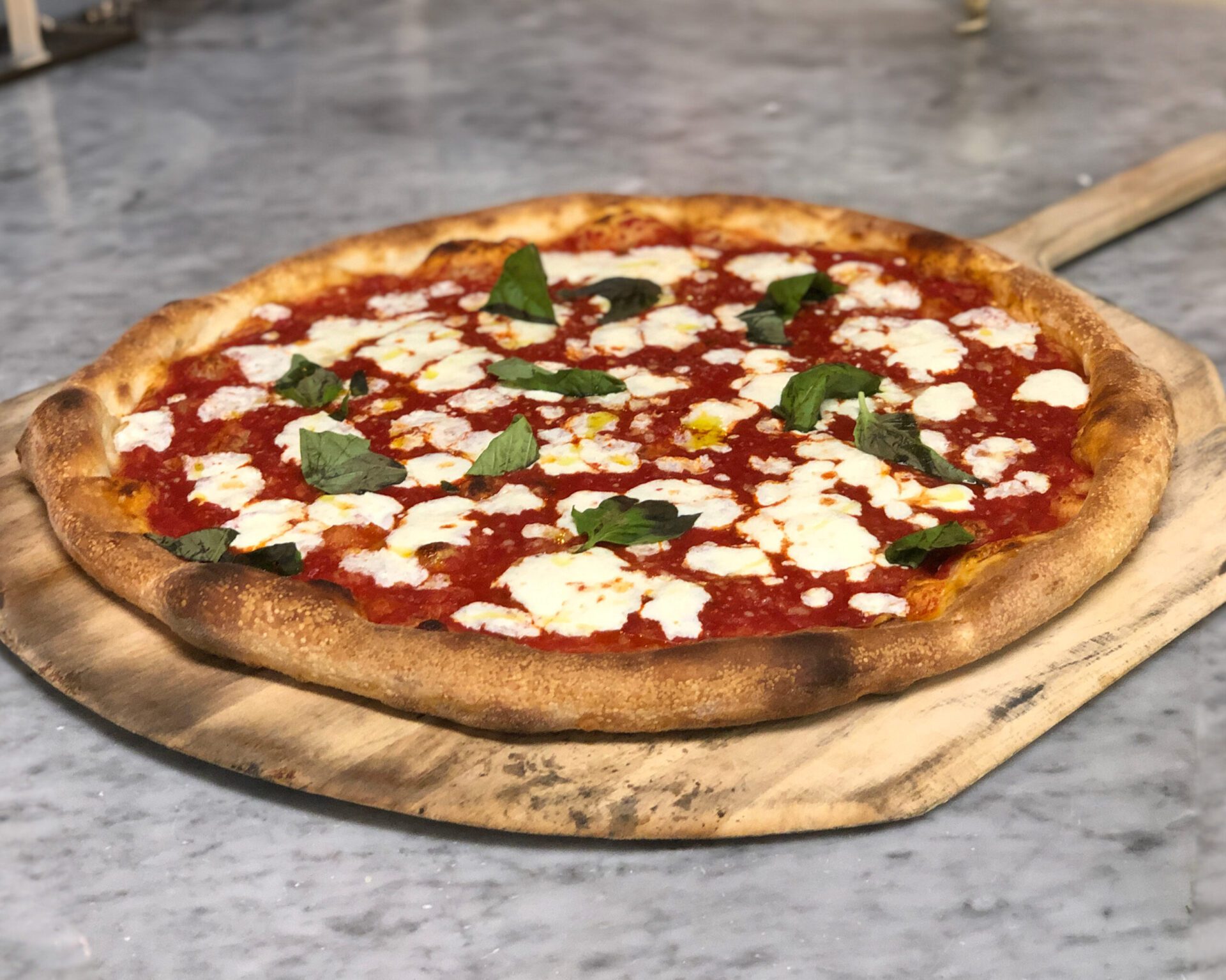
Caputo’s Blue Bag or Red Bag?
Blue Bag or Red Bag?
Decoding Caputo’s Most Popular Flours
Pizzeria vs. Saccorosso: What’s the Difference?


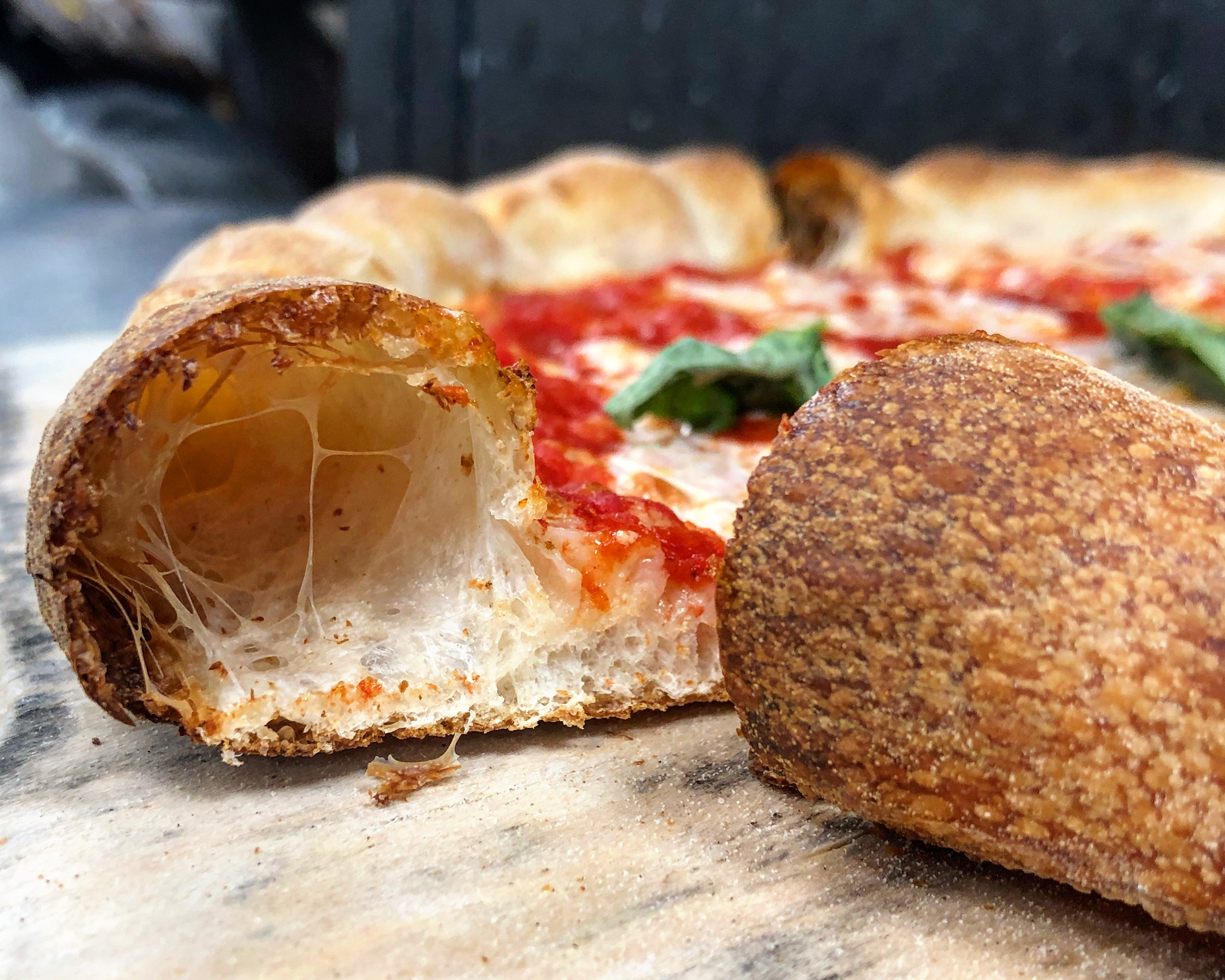
Why Does Protein Matter?
What They Have in Common
So… Which One Should You Use?

Caputo’s Blue Bag or Red Bag?
Blue Bag or Red Bag?
Decoding Caputo’s Most Popular Flours
Pizzeria vs. Saccorosso: What’s the Difference?



Why Does Protein Matter?
What They Have in Common
So… Which One Should You Use?
Caputo’s Blue Bag or Red Bag?
Blue Bag or Red Bag? Decoding Caputo’s Most Popular Flours May 2025 When it comes to Italian flour, Caputo is the name trusted by pizzaioli, bakers, and home cooks alike. But even our biggest fans sometimes ask: What’s the difference between the blue and red bags?...
The Science of Airiness: How 100% Natural Dried Sourdough Transforms Dough
The marriage of this special blend of wheat and natural dried sourdough creates a symphony of textures, elevating crusts to a realm where crispiness becomes an art form.
The Best EVOO Alternative
As we navigate the culinary landscape of 2024, the escalating costs of Extra Virgin Olive Oil (EVOO) continue to cast a shadow over kitchens worldwide. Enter Olitalia’s TuttOlio, a revolutionary solution meticulously crafted to serve as a compelling alternative to EVOO across diverse culinary applications.
The Frying Guide
How you treat your oil can make all the difference when deep-frying. Everything from how you prepare the foods you are frying, how often you are filtering the oil, and how much oil is in the filter can impact the quality of the oil over time.
The San Marzano D.O.P.
San Marzano tomatoes are an Italian specialty. Grown in the Sarnese Nocerino Region of Italy, outside of Naples in the volcanic soil of Mt. Vesuvius, the climate, nutrient-rich soil, and sun all contribute to what makes these tomatoes so special.
The Flour Cheat Sheet
Not all flour is created equal. While it’s a staple ingredient you’ll find in almost every kitchen around the world, there is a lot of misinformation and misunderstanding about its different types and classifications, so it’s important to understand what it is.
Choosing the Right Frying Oil
What if we told you that fried foods don’t have to lead to illness, discomfort, or guilt? In Italy, fried foods are light, crispy, and airy. They’re easy to digest and don’t leave you laid out on the couch, moaning with regret.
